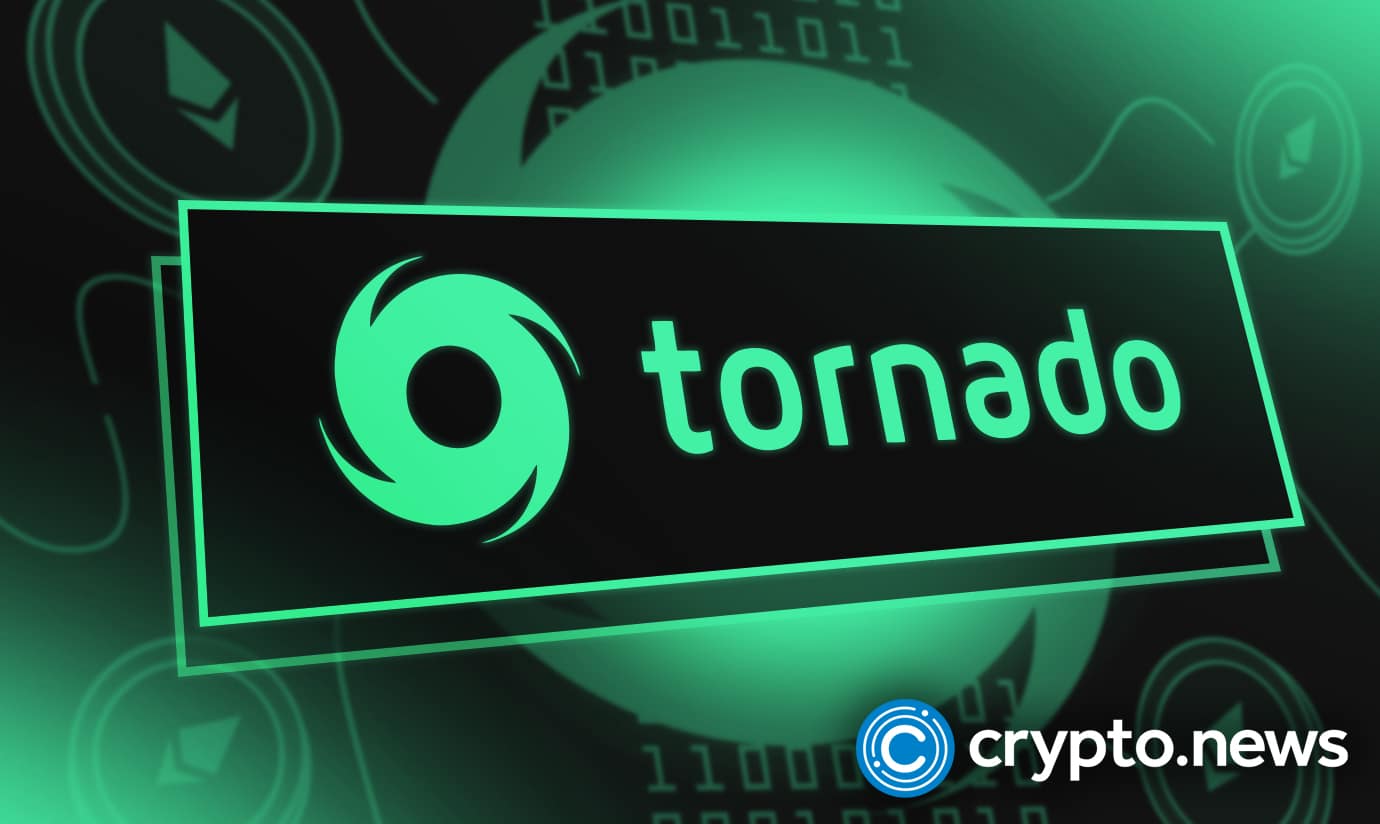U.S. Treasury Department revises sanctions on Tornado Cash

New restrictions have been placed on Tornado Cash by the U.S. Treasury because of allegations that the North Korean government uses it. The firm, which stands as the leading mixer mechanism protocol for Ethereum has once more received sanctions from the American regulatory authority.
The U.S. Treasury Department said in a news statement that it was revising sanctions relating to Tornado Cash. The body added that the service had been utilized to give the North Korean regime material, financial, and technological support.
U.S. Treasury: Tornado cash linked to North Korea’s WMD program and Lazarus Group
A few months after the U.S. regulatory body issued a ban on Tornado Cash, the Treasury reclassified the initiative with claims that Tornado had encouraged illegal cyber-enabled behavior outside the United States. The Treasury claimed that Lazarus Group moved $455 million in stolen cryptocurrencies in March via Tornado Cash.
In addition, the Office of Foreign Asset Control (OFAC) of the Treasury Department announced on Tuesday it was going to delist and re-designate Tornado Cash in response to claims that North Korea used it to launder over $100 million in cryptocurrency to fund its WMD program, which includes the development of ballistic missiles.
“This action follows various recent DPRK ballistic missile launches, which are obviously in breach of numerous United Nations (U.N.) Security Council rulings,” according to a Treasury press release. “This action is part of the United States’ ongoing efforts to contain the DPRK’s ability to advance its unlawful weapons of mass destruction (WMD) and ballistic missile initiatives that threaten peace in the region,” the release said.
The sanction is a bid to halt the production of mass-destruction weapons
Recent missile launches by North Korea caused alarm in Japan and South Korea as the rockets traveled in their general area, even though no missiles made land contact.
According to a statement from Brian Nelson, Treasury Undersecretary for Terrorism and Financial Intelligence, the sanctions action targeted two critical nodes of the DPRK’s weapons programs. He said that the program boosted the capacity to obtain and transport materials to support the development of mass-destruction weapons and ballistic missile programs, as well as its reliance on illegal activities, notably cybercrime, to earn income.
The Treasury also imposed sanctions on two people with ties to Air Koryo, the national carrier of North Korea. Both steps are a part of its attempts to stop funding North Korea’s nuclear development, even if they are not directly connected.
By a September update, the Treasury’s FAQ website also stated that the developers, DAO members, founders, and users of Tornado Cash were not subject to sanctions. Instead, the penalties were meant to stop anyone from utilizing the platform by blocking access to the project’s website and crypto addresses.
The crypto community dislikes the project’s sanctions, and there are now initiatives to oppose the program. To do this, Coin Center has sued the Treasury with support from Coinbase. The entire amount locked in Tornado Cash is around $200 million, and it is still in operation. Since the currency mixer is decentralized, authorities cannot immediately block transactions.
Slava Demchuk, Co-founder of AMLBot, CEO at PureFi, told Crypto.News that sanctions on dApps was an attempt by regulators to show “its strength and control over the participation of the crypto market once again.”
It is a sentiment shared by Alex Pipushev of GTON Capital who says:
“Despite the fact that regulators basically switched it off, they can’t prevent its functioning. You can block website, you can push miners to censor transactions or you can black list addresses who interacted with dApp. But, true decentralized applications cannot stop working anyway even if you put developers into the jail.”
Sanctions implications
The Treasury claims that people who participate in certain transactions with the people or organizations it has named might also be designated. Furthermore, the organization warns that any foreign financial institution knowingly facilitating a large transaction or rendering significant financial services for any people or organizations subject to the sanctions may face U.S. correspondence.














